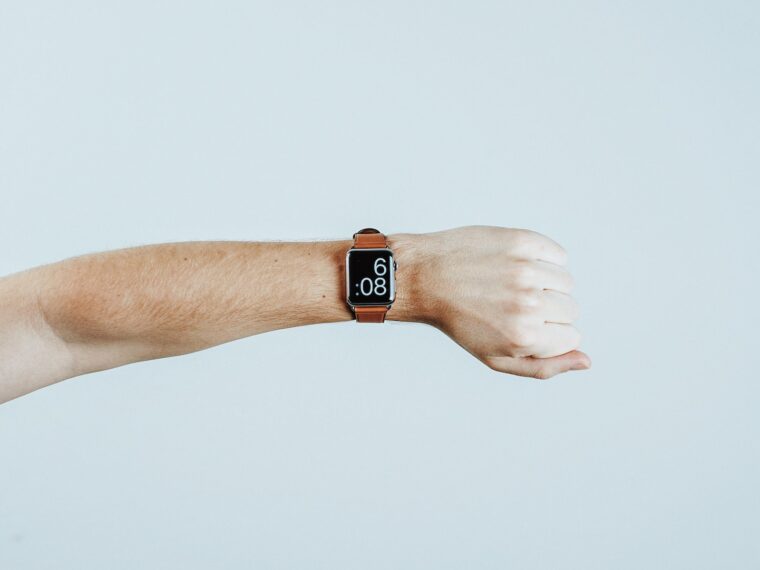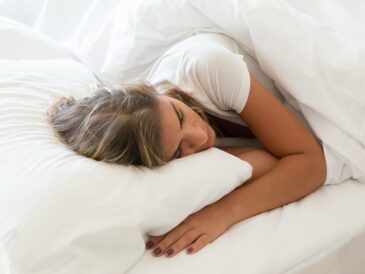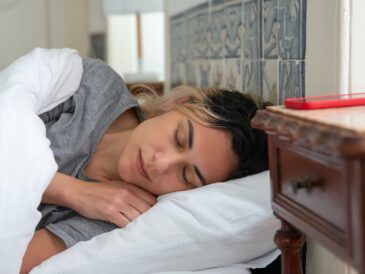Water is essential to staying hydrated, keeping joints lubricated and breaking down waste products in our bodies, yet consuming too much before sleeping can disrupt sleep by prompting frequent wake-ups to urinate.
So when should you stop drinking water before bed? Let’s take a deeper dive into this issue.
Avoiding dehydration
Dehydration at bedtime can severely diminish your quality of sleep. It may result in you waking up during the middle of the night and not getting enough uninterrupted REM rest, while leg cramps (commonly known as Charlie horses) may wake you up painfully and interrupt restful restful REM sleep. In addition, dehydration can bring on other symptoms that interfere with your restful slumber.
Avoid dehydration by drinking plenty of water throughout your day and limiting sugary drinks or foods late at night or before sleeping. Water with meals is another effective way of staying hydrated; also drinking it first thing in the morning will jumpstart your metabolism and give energy for starting off each day right.
Recommended two hours prior to bedtime is when it is safest and best practice to stop drinking water, although some individuals require small sips prior to falling asleep. If necessary, make sure this water consumption takes place only through small sippers instead of big gulps!
If you’re uncertain whether drinking water before bed is necessary, track how often you have to visit the bathroom throughout the night. Doing this will allow you to determine whether consuming too much before sleeping is causing nocturia which disturbs your restful slumber.
Avoiding waking up in the middle of the night
Consuming water is an integral component of daily nutrition, but drinking too much of it before bed can disrupt your sleep cycle and cause you to wake up multiple times during the night. By drinking less water for at least an hour before sleeping, it’s possible to achieve optimal restful slumber – but stopping drinking it altogether might just do the trick!
Drinking too much water close to bedtime can result in frequent bathroom trips that will disrupt your sleep cycle and cause poor quality slumber as well as health complications.
To prevent this, it’s recommended that you stop drinking water three hours prior to bedtime, though this may not always be possible for everyone. If you continue waking in the middle of the night despite this precautionary measure, consult your physician regarding possible causes for such disturbances.
If you find it impossible to stop drinking water before bed, try sipping small sips instead of all at once. This will prevent feeling overhydrated before trying to sleep and can help make sleep more peaceful. Additionally, be sure to consume adequate fluid intake throughout the day in order to remain well hydrated; doing this can help ensure better night’s rest.
Avoiding irregular symptoms
Consuming water before bed can provide your body with essential hydration for sound rest, yet too much fluid could wake you up frequently during the night and break your sleep cycle. To minimize this risk, aim to stop drinking two hours prior to turning out the lights – this will allow your bladder to empty naturally before you hit the sheets and decrease chances of having to go to the restroom at an untimely hour in the middle of the night.
Remember, drinking water before bed will increase the frequency of bathroom trips – known as nocturia – leading to poor-quality restful sleep and may even result in you becoming sleep-deprived over time, which can have serious repercussions for both you and your health. Sleep deprivation has many ill effects, including heart problems, diabetes, obesity and depression.
Water should be consumed throughout the day instead of all at once before bed. Being aware of how your diet and other factors impact sleep is also key. Hydration plays an essential role in healthy sleeping patterns, boosting your mood, reducing wrinkles and flushing away toxins from your skin. It aids digestion, supports kidney health and aids waste removal from kidneys while flushing them through digestion pathways to the bloodstream.
Avoiding sleep deprivation
Some may make drinking water at bedtime part of their nightly ritual, even though this might seem healthy. While drinking too much can disrupt sleep and cause frequent trips to the restroom during the night. Drinking just a few glasses before going to sleep will prevent dehydration while helping ensure adequate restful restful restful restful restful restful restful restful restful restful restful restful restful restful restful sleep cycles.
Sleep deprivation can have serious negative repercussions for your health, mood and performance, including reduced immunity. Chronic diseases may develop as a result of disrupted sleeping cycles; thus it is best to minimize disrupting them as much as possible in order to make sleeping easier and stay asleep through the night.
If you’re having difficulty sleeping through the night, if possible it is wise to cut back on water consumption one hour prior to sleeping in order to reduce needing the bathroom at odd hours of the night. However if your bladder problems require frequent urination consult your physician about a treatment plan for that issue.
Drinking enough water every day is essential to your overall wellbeing, keeping skin hydrated, joints lubricated, breaking down waste products and helping regulate body temperature. But remember to limit sugary drinks or foods late in the day that could lead to dehydration.




